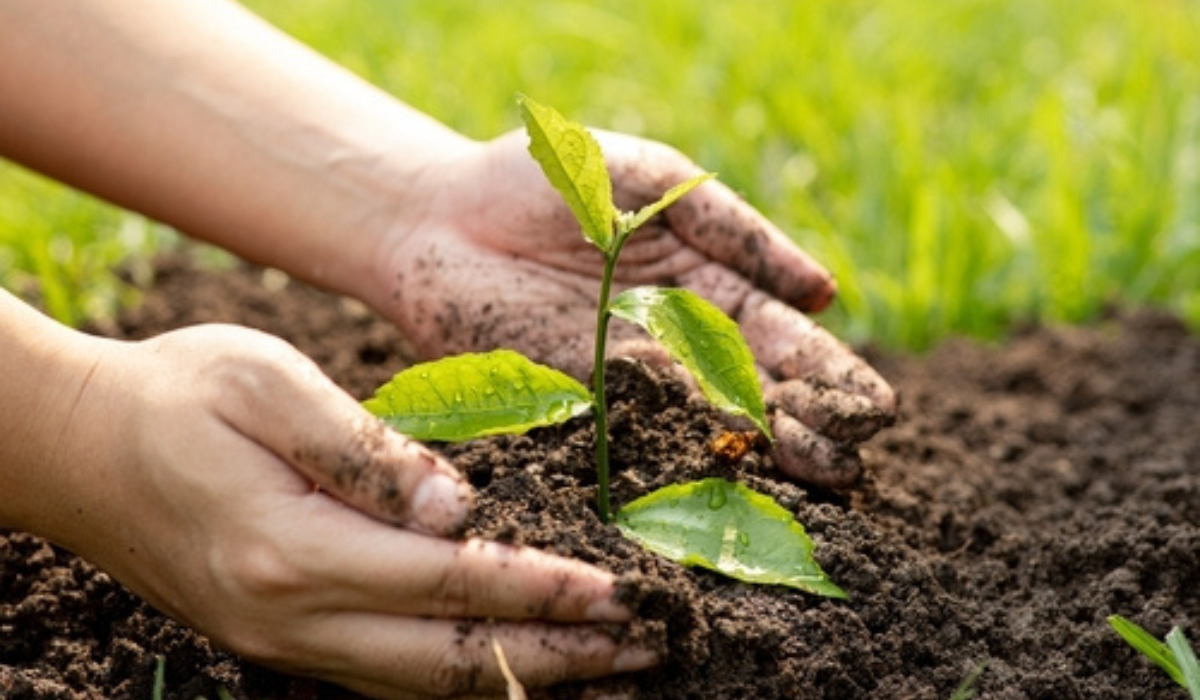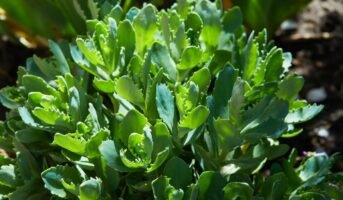Growing plants without synthetic fertilisers, pesticides, or genetically modified organisms (GMOs) is known as organic gardening. Organic gardeners focus on natural techniques to nurture and safeguard their plants.
Organic gardening is healthier for the environment than conventional gardening, which depends largely on chemical inputs because it helps to decrease pollution and save resources. It also yields healthier, more delicious fruit and vegetables, as well as plants that are stronger.
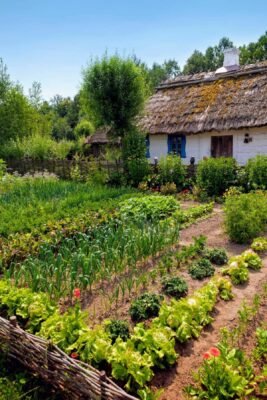
Source: Pinterest (housemethod.com)
Organic gardening: Why choose it?
You are making a deliberate decision to preserve your health and the environment by becoming organic. Unlike conventional cultivation methods, organic farming does not employ toxic chemicals that can bleed into the soil and water supplies. It rather depends on natural techniques to nurture plants and manage pests.
Compost and other biological waste are used to enhance the soil, crops are rotated to prevent diseases, and helpful insects are attracted to manage pests. It thus provides an efficient way for recycling items such as leaves, dead fruits and vegetable peels, and so on. Organic gardening is superior in terms of biodiversity, sustainability, and health.
Organic produce offers higher genuine nutrition and antioxidants than conventionally grown produce. Going organic not only supports sustainable agricultural practices but also invests in your personal health and well-being.
Organic gardening: Soil health
Organic gardening relies heavily on soil health. A healthy soil offers the nutrients that plants require, resulting in increased growth and production. Furthermore, good soil retains moisture, reducing the need for watering and conserving water resources.
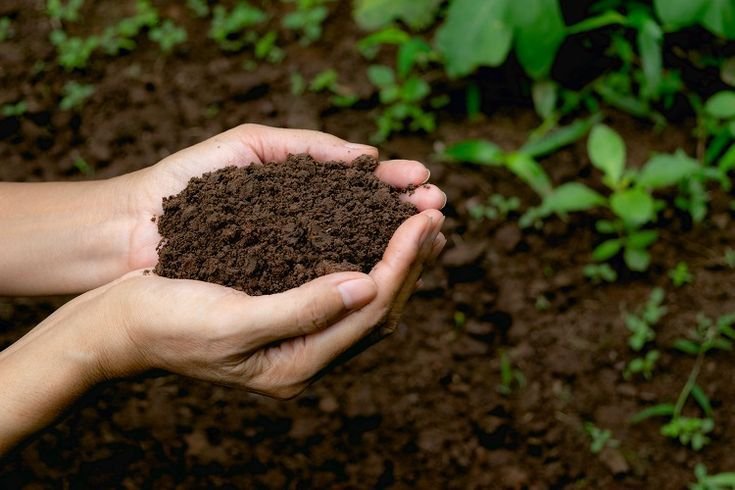
Source: Pinterest (Morgan Kimuri)
Soil health is maintained by a variety of practices, including the addition of compost or organic matter to the soil, crop rotation, and limiting the use of synthetic fertilisers and pesticides.
For example, nitrogen-fixing bacteria in the roots of leguminous plants help convert atmospheric nitrogen into soluble nitrogenous substances, minimising the need for nitrogen fertilisers. These practices aid in the promotion of beneficial microbes and the improvement of soil structure, which in turn promotes healthy plant development.
Organic gardening: Natural pest control
Crop rotation is an efficient natural pest management approach in organic agriculture. This involves changing crop locations each season to avoid pests from establishing themselves in the soil. Another option is companion planting, which involves growing specific plants together to repel pests or attract beneficial insects.
Another natural pest management option is to use physical barriers to keep pests away from plants, such as row covers or netting. Furthermore, inviting natural predators such as ladybirds or praying mantises can aid in pest population management without the use of chemical pesticides.
Organic gardening: Growing your own organic produce
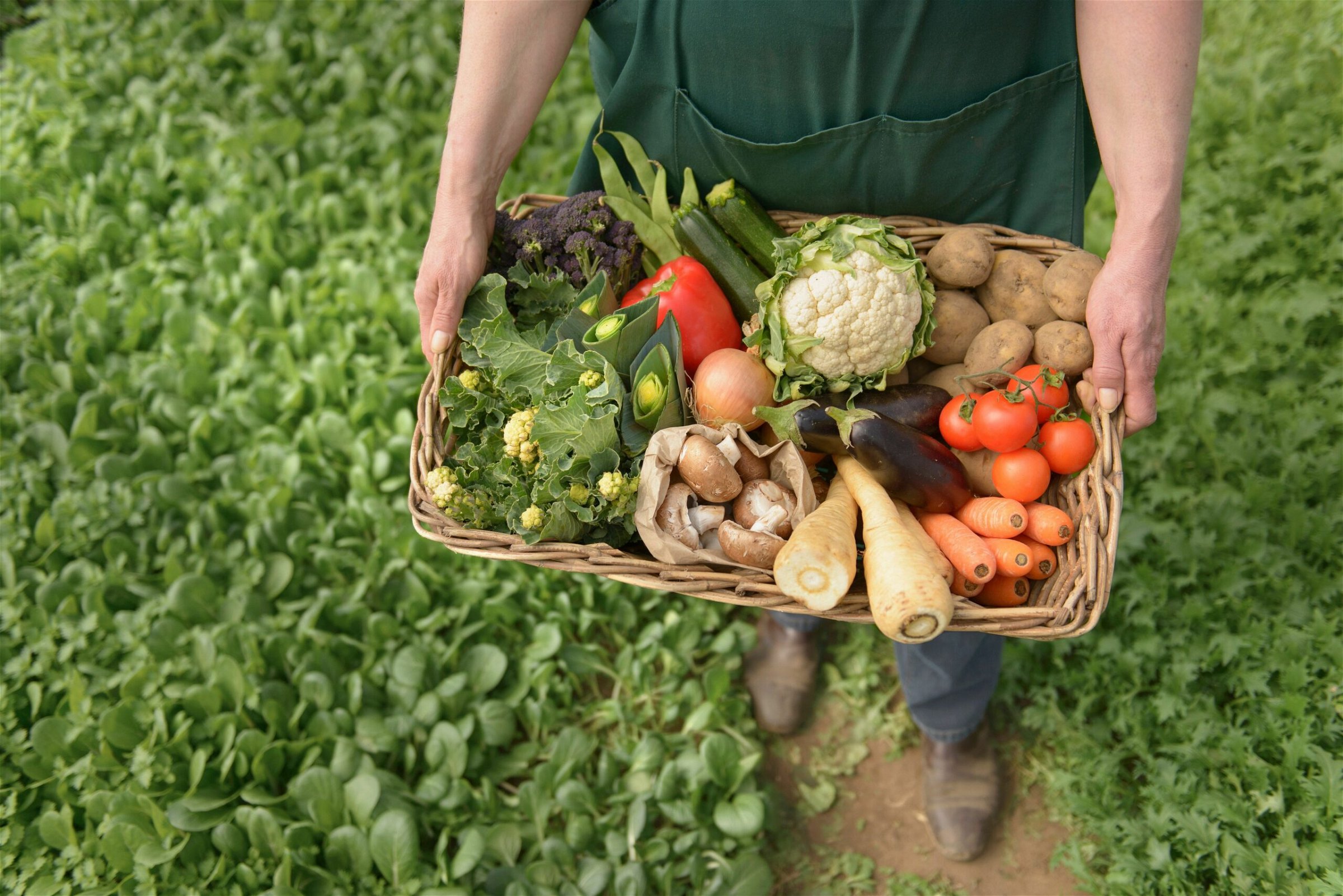
Source: Pinterest (thebalancesmb.com)
- First, establish your garden in an area that receives at least six hours of direct sunlight each day.
- Check that the soil is well-drained and rich in organic materials, such as compost or old manure. If you have a limited area or poor soil quality, you can also try utilising raised beds or containers.
- You can also treat the soil by tilling and mixing organic soil matter in it until the soil looks nourished.
- Then, based on the climate and growth period, choose the plants you wish to grow. Begin with easy-to-grow crops such as lettuce, tomatoes, and herbs. Make sure you buy organic seeds or seedlings from a trustworthy supplier.
- Finally, keep your garden in great shape by watering often, mulching to preserve moisture and reduce weeds, and using natural pest control strategies such as companion planting and insect-repelling herbs.
- Add blooming plants to your landscape to attract predatory insects. You can make natural fertiliser for your garden out of kitchen garbage. Some people like to keep crawly insects at bay by sprinkling powdered Azadirachta and turmeric near the pots. Remember to harvest your vegetables on a regular basis to stimulate continuing development and keep pests away.
Following these easy procedures will allow you to reap the numerous benefits of producing your own organic fruit, such as improved health, financial savings, and a closer connection to nature.
FAQs
What exactly is organic gardening?
Organic gardening is a way of cultivating plants that uses natural approaches to enhance soil health and sustainability rather than synthetic fertilisers or pesticides.
What are some of the advantages of organic gardening?
Organic gardening offers healthier, chemical-free products while also protecting the environment, encouraging biodiversity, and promoting sustainable farming practices.
How is soil fertility maintained in organic farming?
In organic farming, soil fertility is maintained through the use of organic matter, such as compost and manure, which enriches the soil with essential nutrients. Crop rotation, cover cropping, and green manure also help improve soil fertility and structure.
How can I keep pests and illnesses at bay in organic gardening?
To handle pests and illnesses without using hazardous chemicals, organic gardening uses natural pest management strategies such as companion planting, helpful insects, physical barriers, and organic pest repellents.
How can I get started with an organic garden?
Begin by choosing an appropriate area, enriching the soil with organic matter, utilising organic seeds or seedlings, and employing natural pest control measures.
| Got any questions or point of view on our article? We would love to hear from you. Write to our Editor-in-Chief Jhumur Ghosh at jhumur.ghosh1@housing.com |
Housing News Desk is the news desk of leading online real estate portal, Housing.com. Housing News Desk focuses on a variety of topics such as real estate laws, taxes, current news, property trends, home loans, rentals, décor, green homes, home improvement, etc. The main objective of the news desk, is to cover the real estate sector from the perspective of providing information that is useful to the end-user.
Facebook: https://www.facebook.com/housing.com/
Twitter: https://twitter.com/Housing
Email: editor@housing.com
